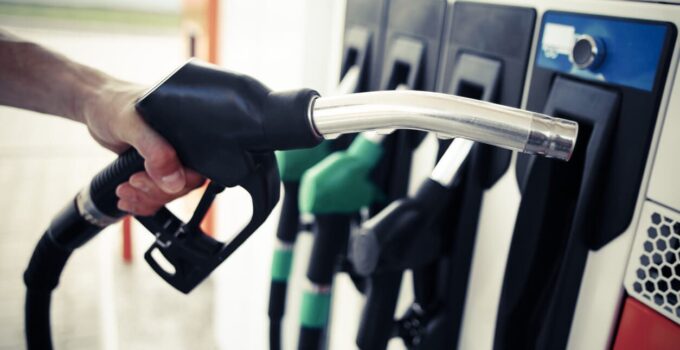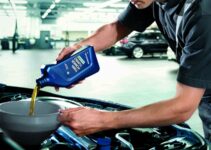We all love our cars but we hardly spend any time thinking about the fuel that is used to run them. We only think of the fuel when we want to fill the tank. However, there is so much about automobile fuel that one must know, which is why we have collected some interesting facts about automobile fuels. For more information, click here. Keep reading the article till the end to learn about some lesser-known facts about automobile fuels.
1. Octane is not an additive
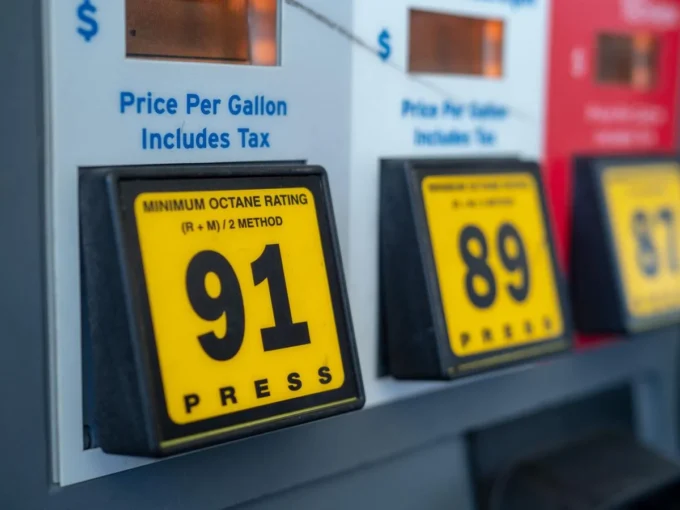
Source: mainstreetdailynews.com
You might be of the opinion that fuel companies make high-quality fuel by just adding more octane. However, this is not the case. The level of octane depends on the way gasoline is refined. There is a very complicated process involved if one has to make a higher octane gas. Because of this complicated process, it is generally priced more.
Higher octane is generally less volatile and more stable as compared to lower octane. In sports cars where the high compression engine creates a lot of heat low octane fuel might ignite unevenly. On the other hand in the case of higher octane gas, an even ‘flame front’ is created that maximizes the power and also protects the engine from any harm.
The pump has three levels of fuel to offer:
- Regular grade with 87 octane
- Mid-grade with 89 octane
- Premium grade with 91 octanes ( some fuel stations also offer up to 94 octanes)
However, an interesting fact to note here is that there are only up to two tanks of gas in the ground of the highest and the lowest grade. In case you select something in between then the pump mixes both the grades in appropriate ratio first and then pumps the gasoline out.
2. The Pump Knows When The Tank Is Full
Yes, you have read that right! The pump automatically knows when the tank of your automobile is filled up! This however does not happen magically. There is a hole near the nozzle tip that has a small pipe attached to it. When the tank is filled in with the automobile fuel air oozes out of the pipe.
When the tank is filled up to the level of the small hole near the nozzle tip a vacuum is created in the tube. The vacuum created triggers a switch in the handle of the nozzle to stop the flow of the fuel. Overfilling the tank can get you into trouble as it might damage the canister.
3. You Are Advised Not To Use The Phone While Filling The Car With Gas
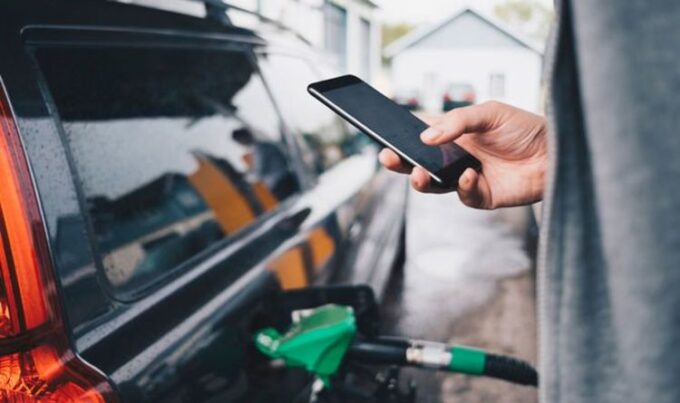
Source: express.co.uk
Have you ever wondered why there is a warning at the pump advising you not to use your cell phone while filling up the gas? Do you think it is because mobile phones could spark? No! You are advised not to be on your phone so that you don’t get distracted while filling your tank with a flammable liquid. Your focus should be on filling your tank and not on the phone. Therefore you now know that you are not allowed to use the phone only to reduce distractions.
4. E stands for ethanol
Do you know that ethanol is a plant-based fuel and almost all diesel and gasoline contain some amount of ethanol in it? You must be familiar with terms like E10 and B5. E10 simply means 90 per cent of gasoline and 10 percent of ethanol similarly B5 means 95 per cent of diesel and 5 percent of biofuel.
Every country has set up a rule regarding the minimum amount of renewable gasoline that is to be mixed. For instance, in some countries, 5% renewable gasoline is to be mixed with 2% diesel. Some companies mix the ethanol properly over all the grades whereas some companies prefer selling ethanol-free fuel.
5. Don’t mix the diesel!
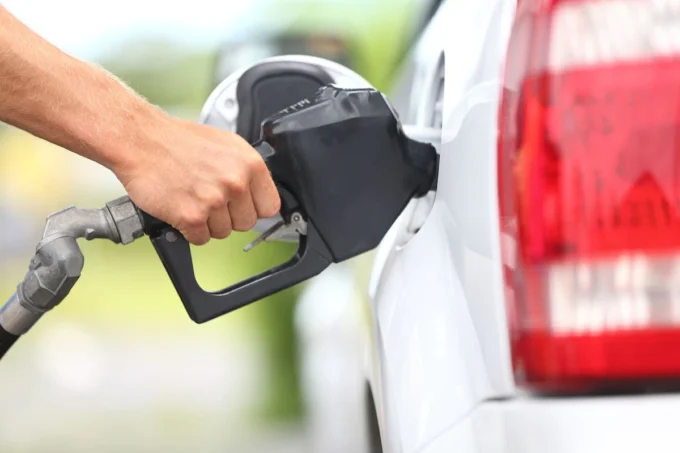
Source: wbtv.com
Do you know that there is a separate nozzle for diesel? One nozzle is for pouring gasoline of different grades while there is a separate nozzle for diesel. Diesel in the gas vehicle will clog up the Injectors and fuel filter which will harm the engine and it won’t work.
Gas in the diesel vehicle is far more dangerous. Gas is more combustible as compared to diesel and therefore it can cause serious damage to the engine. In any case, if you have filled your tank with the wrong fuel do not start the engine.
Don’t even start the engine to move your vehicle away from the pump. Look for help and push your car away from the pump and then you can call a tow truck to carry your car to a car repairing shop so that the fuel can be drained properly.
6. Premium fuel is worth the price paid
You might have noticed that many retailers provide an option for premium Diesel and petrol. Most of them claim that you will have a cleaner engine, a better fuel system, a reduction in fuel consumption and/or more power. Many experts do believe that it is worth investing in premium fuel especially when your car is old.
However, if you are on a strict budget then you can go with the first standard option. However, if premium fuel is in your budget then you should definitely go for that. It is true that premium fuel will make the engine cleaner and therefore increase the performance of your car.
7. Supermarket fuel cannot harm the engine

Source: moneyhighstreet.com
Generally speaking, supermarket fuel cannot harm your engine. If you think of it Diesel will remain diesel and petrol will remain petrol irrespective of the fact from where you get it. But if you are worried about the quality of the fuel sold in the supermarket you can just save the receipt of the petrol which might come in handy in case you face a few related problems in the future. By saving the receipts you will have evidence to claim for your damages.
Final Word
These are all the interesting facts that you need to know about automobile fuels. There are numerous myths circulating related to automobile fuels. The above mentioned facts will help you tell the myths apart from the true facts.

